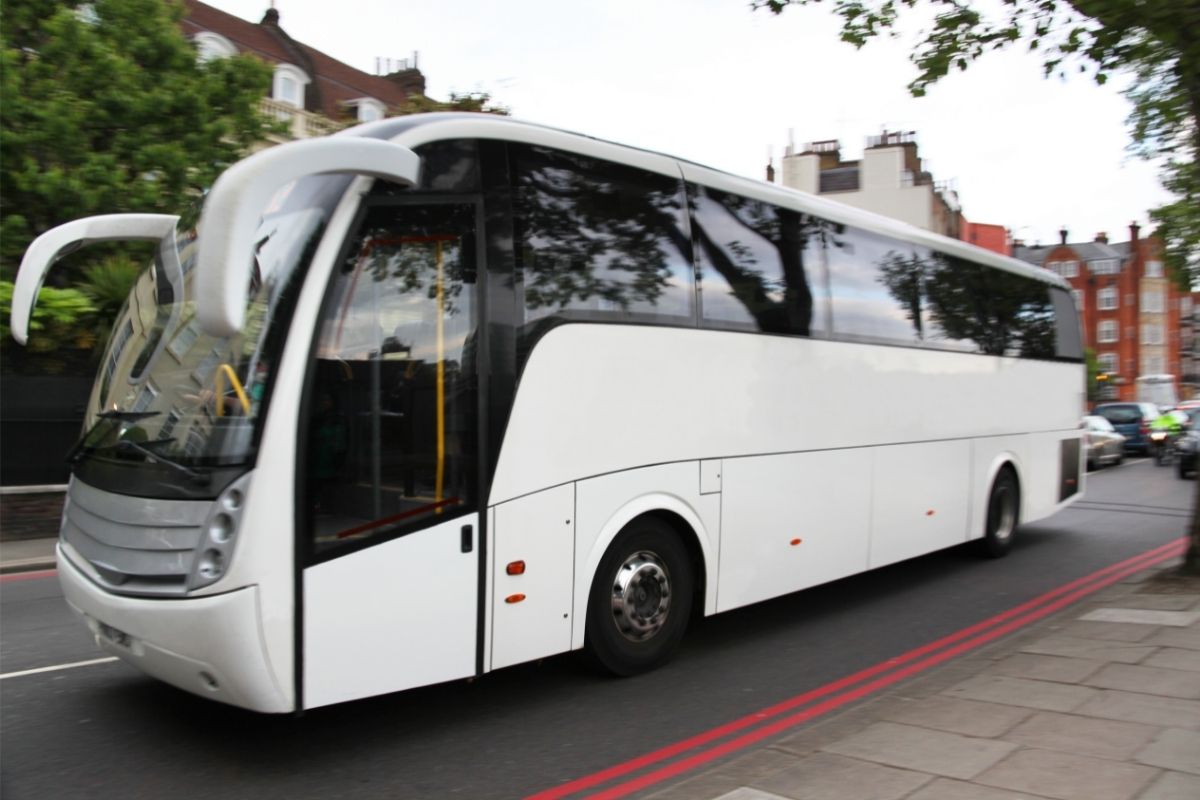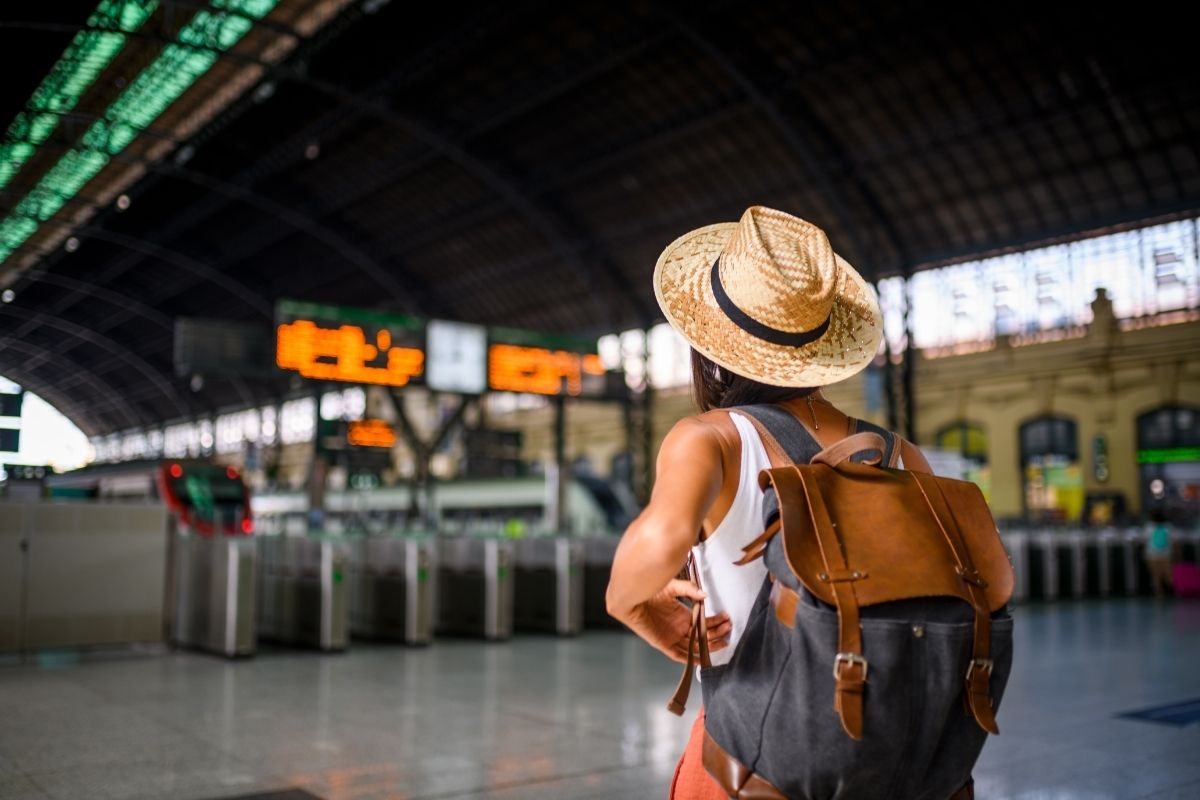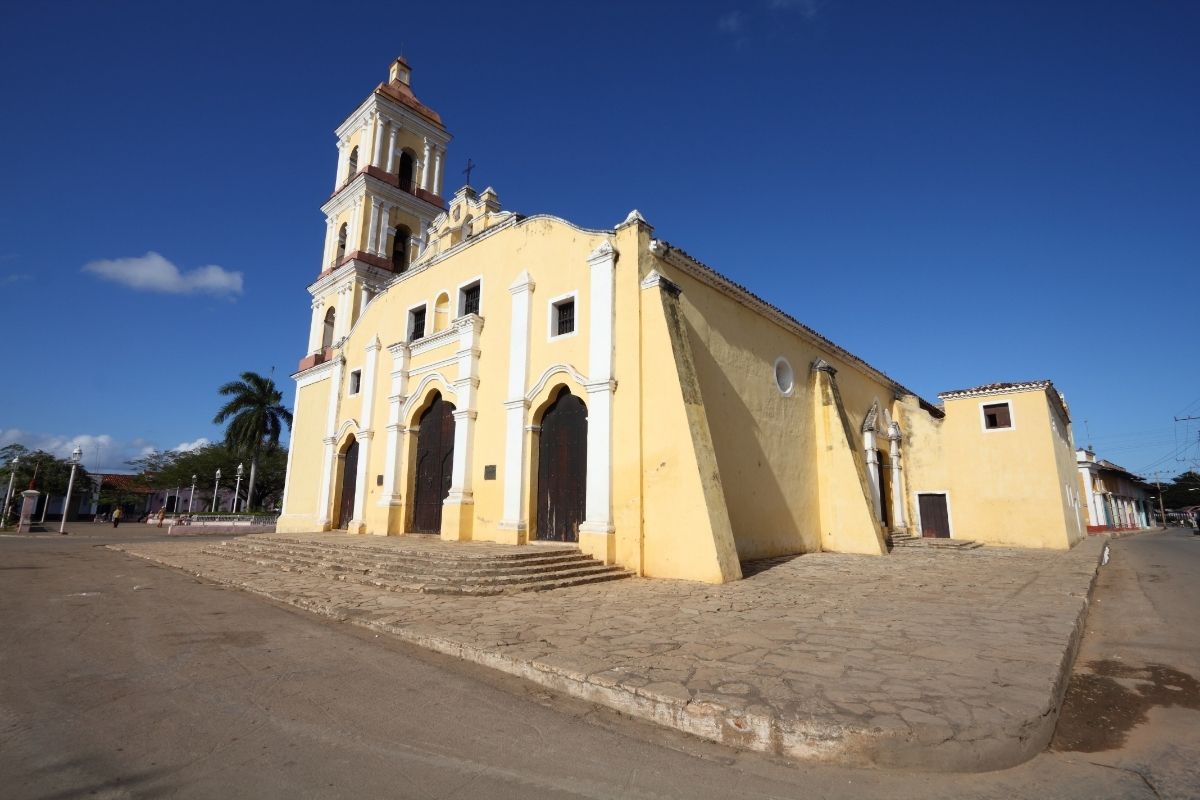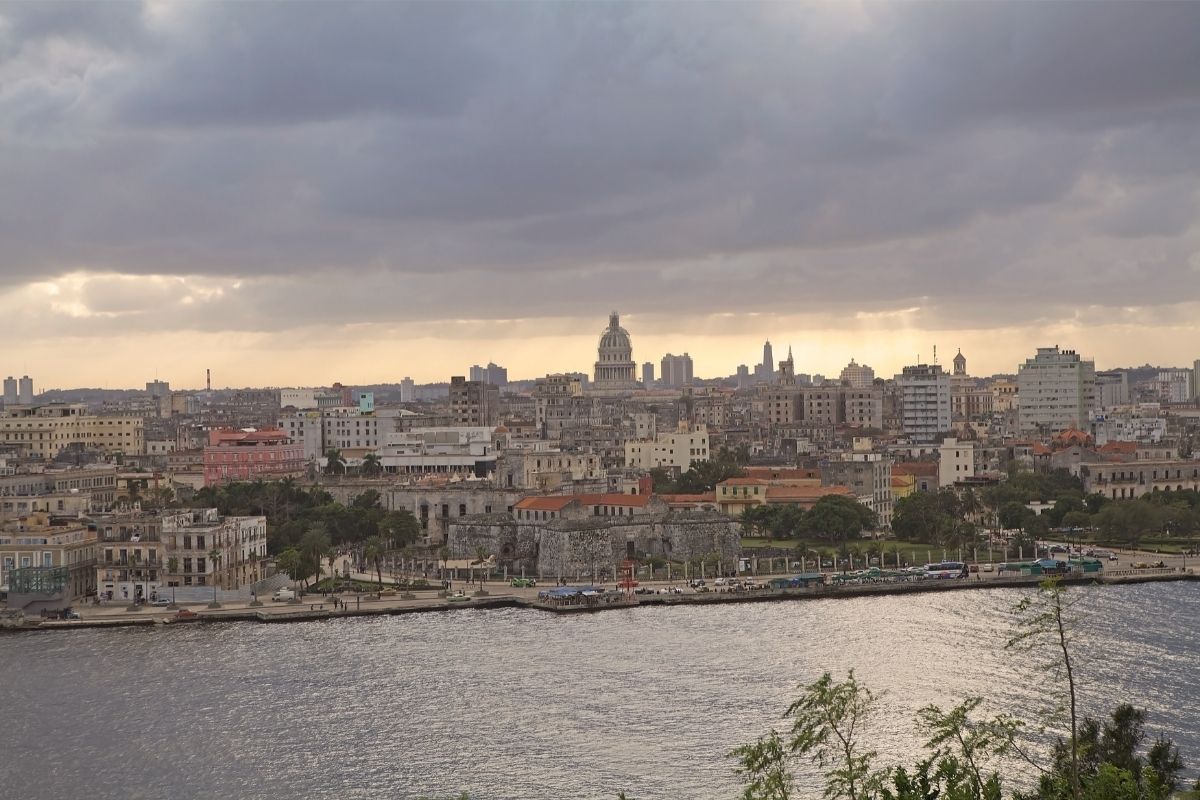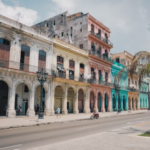Cuba has a fairly unique approach to its shopping and stores, and that’s because they’re all run by a state-owned retail chain.
Though it has gotten slightly better over the decades, with a gently growing number of privately owned stores, the overwhelming majority of businesses in Cuba are owned by the Cuban state.

Whether it’s a supermarket or a gas station, or just any other store, chances are that it’s owned by the government.
For this reason, the supply of products to these stores is extremely limited and precise, and the prices are typically double the amount that they are in other countries.
What To Expect From Cuban Shops And Stores
As we’ve touched upon, almost all stores in Cuba are owned by the Cuban state.
This means that the government controls most of the supermarkets, as well as the stores and gas stations.
On top of that, they own the kiosks too, which is the name that is generally given to smaller shopping stores.
All of these businesses are owned by the retail chain CIMEX, which is the country’s largest commercial corporation and is owned by the Cuban state government.
This has had many downsides, which have all been felt by the unfortunate citizens of Cuba for decades.
One of these flaws is that the products cost a lot more, often almost double what they would traditionally cost in other companies.
This can be especially hard for poorer families who need to put food on the table and raise their children.
On top of those, the range of products is often very limited in most stores. Even in the large supermarkets that the country has, it can be difficult to get all the products that you want.
The state may have control of all those businesses, but they can’t ensure that each one is fully stocked regularly.
Often, the shelves of these stores and supermarkets will be empty of many things, or perhaps completely empty.
For the products that are in stock, though, it’s not going to be any easier getting hold of them.
Since those products are limited, as well as being a rarity when compared to the products that are wholly absent, it increases the demand for them.
This means that there are often long queues of people lining up to get them, and this always ends with some people missing out.
So scarce are the products that some people buy them in bulk, so that they can store them for the future. This is very unfair, because it means that other people, who may need them to use more immediately, don’t get their hands on any.
What Are The Typical Costs?
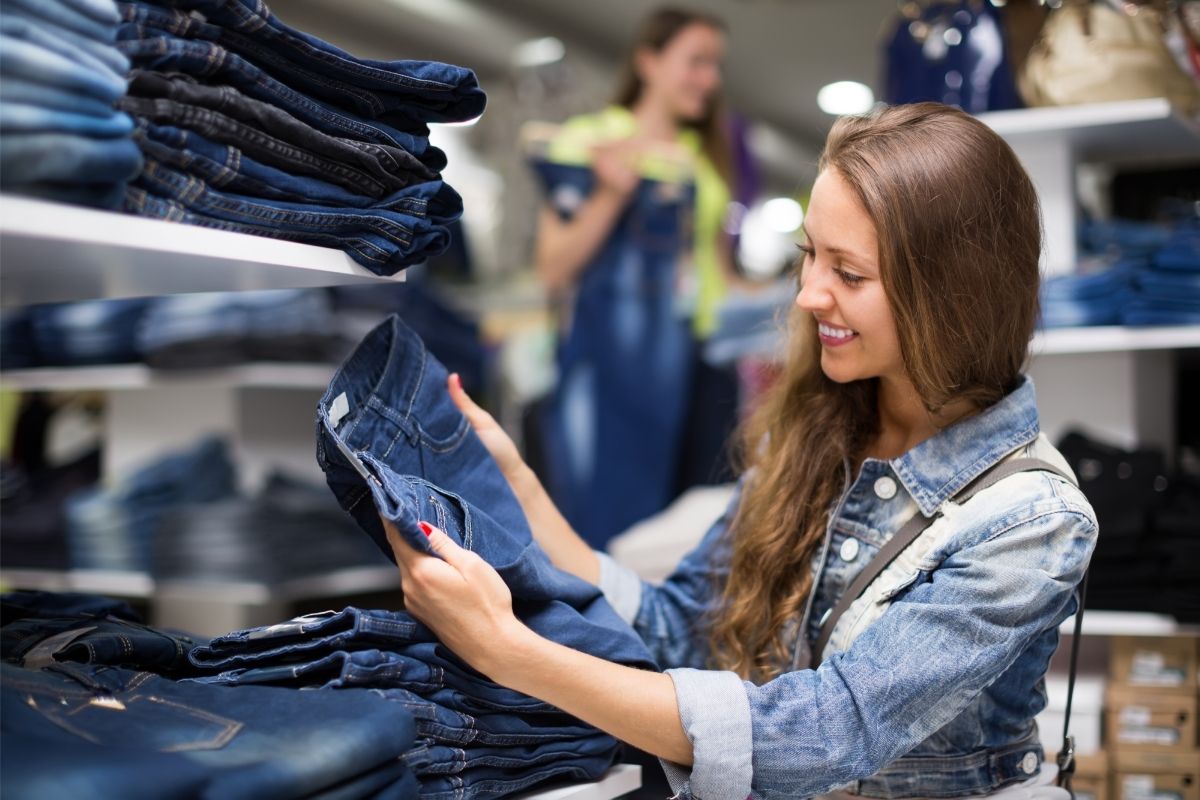
Since many stores and supermarkets are all owned by the same government-run corporation, you can probably guess that the prices are often going to be identical.
No matter which shop you go into, you’re likely to encounter the same costs for the same goods.
If you enter a kiosk looking for pasta, then it’s likely going to cost you the same that it would if you were looking in a large supermarket, or even a gas station.
This means that people can’t even try to save money and avoid the high prices, because shopping around won’t give them greater offers.
Wherever you go in the country, you’ll likely find the same price for the same product.
With that being said, you’ll sometimes find even higher prices.
Some hotels and enjoyment places, like state owned pubs and nightclubs, will charge even higher prices for their products – like higher priced beer in a nightclub bar.
That last example is quite odd, because alcohol is generally cheaper around Cuba than other food and drink products.
Things like beer or rum often cost less, and there are plenty of them too, allowing people to lose themselves in the drug of drink.
Admittedly, it’s dangerous for them to price alcohol and even cigarettes as lower than other products, because it drives people to depend on those harmful products.
Also cheaper and plentiful are basic food items, which many stores and supermarkets will offer a good amount of.
These are things like long-lasting canned foods, as well as rices and pastas.
These are essential staples of cooking, and often quite cheap to mass produce, so they’re quite cheap to buy in Cuba too – and there are plenty of them too.
A Note To Vacationers
If you’re planning on taking a vacation to Cuba, you may be worried about the high prices on products, as well as the limited supplies. There’s not much you can do about it, but there are a few things.
For one, bring long-life food from your country, especially if you’ve got a family. If you can get canned food, that’s good, just be careful of the heat.
On top of that, nuts and cereal bars will cope well. You should also bring spices and cooking oil, in case you get a chance to cook.
If your accommodation serves food, make sure to make the most of it and eat a lot.
If you don’t prepare, you’ll likely have to get by on drinks and basic snacks from stores.
There’s a good variety of fruit available in Cuba at least, to keep your diet healthy, as well as vegetables too – but you’ll need a kitchen to prepare them.
Unfortunately, vegetarians and vegans find it really tough in Cuba. The country devours loads of meat, and there are very few meals meeting vegetarian or vegan requirements.
Additionally, a specialized diet will be hard to keep up, partly due to lots of fats in their meals.
Final Thoughts
Cuba can be a difficult place to buy food and drink, but if you follow our advice you can at least make up for some of it.
- What Is The Largest Island In Cuba? - September 19, 2022
- Havana – Why Is It Cuba’s Most Exciting City? - September 19, 2022
- Cheapest Time To Visit Cuba (Ultimate Guide) - September 19, 2022



